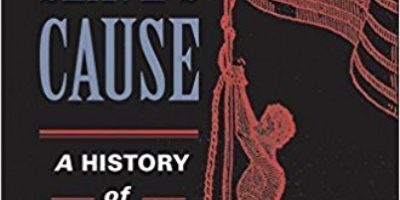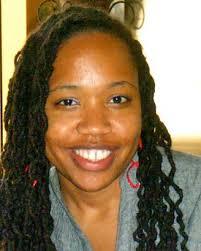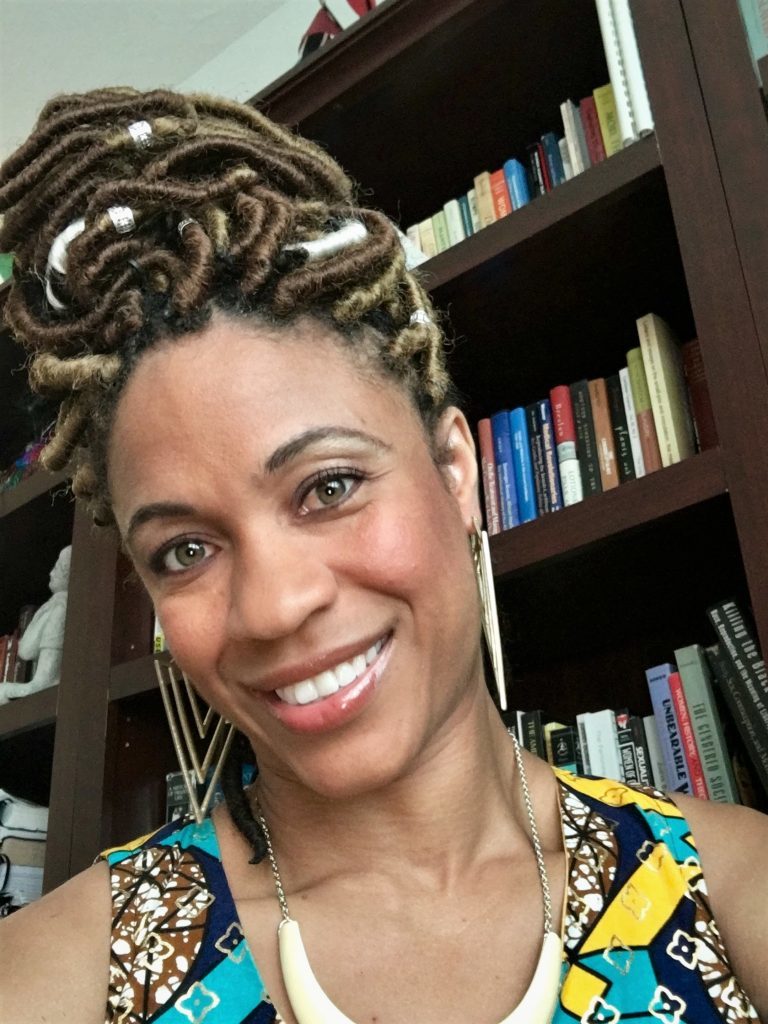May 03
Abolitionism and Slave Resistance



Description
Resistance to slavery was the cutting edge of the Age of Revolution. These scholars are rewriting that history, from slave resistance at sea to Jamaican women’s self-emancipation and international abolitionism.
Speakers
-

Sowande' Mustakeem
Washington University, St. Louis
Sowande' Mustakeem is an assistant professor in the Department of History and the African and African American Studies Program at Washington University in St. Louis. She earned a bachelor’s degree from Elon University after completing an independent major in African-American studies. She received her master’s degree in African-American and African studies at The Ohio State University in 2002 and earned her doctorate in comparative black history from Michigan State University in 2008. She was the Andrew Mellon Post-Doctoral Fellow in History & Visiting Lecturer in African and African American Studies Program at Washington University in St. Louis from 2008-2010.
Mustakeem has published a number of influential articles and book chapters on topics including black women’s history, gender, violence, the social history of medicine and the studies of the black Atlantic/African diaspora. Her articles have appeared in several leading journals including Atlantic Studies and the Journal of African American History. Slavery at Sea is her first book.
-

Manisha Sinha
University of Connecticut
Manisha Sinha is professor and the James L. and Shirley A. Draper Chair in American History. She was born in India and received her Ph.D from Columbia University where her dissertation was nominated for the Bancroft prize. She was awarded the Chancellor’s Medal, the highest honor bestowed on faculty and received the Distinguished Graduate Mentor Award in Recognition of Outstanding Graduate Teaching and Advising from the University of Massachusetts, Amherst, where she taught for over twenty years. Her recent book The Slave’s Cause was was featured as the Editor’s Choice of the New York Times Book Review. Her first book, The Counterrevolution of Slavery, was named one of the ten best books on slavery in Politico in 2015.
Sinha’s research interests lie in United States history, especially the transnational histories of slavery and abolition and the history of the Civil War and Reconstruction. She is a member of the Council of Advisors of the Lapidus Center for the Historical Analysis of Transatlantic Slavery at the Schomburg, New York Public Library, co-editor of the “Race and the Atlantic World, 1700-1900,” series of the University of Georgia Press, and is on the editorial board of the Journal of the Civil War Era. She has written for The New York Times, The New York Daily News, Time Magazine, CNN, The Boston Globe, The Washington Post, and The Huffington Post. She is currently writing a book on Reconstruction.
-

Sasha Turner
Quinnipiac University
Sasha Turner is the author of Contested Bodies: Pregnancy, Childrearing, and Slavery in Jamaica, which examines the struggles for control over biological reproduction and how central childbearing was to the organization of plantation work, the care of slaves, and the development of their culture.
She completed a PhD at Cambridge University and is Associate Professor of History at Quinnipiac University where she teaches courses on the Caribbean and the African Diaspora, women, piracy, colonialism, and slavery. Her research on gender, race, and the body, and women, children, and emotions has been published in Journal of Women’s History, Slavery and Abolition, and Caribbean Studies and has been supported by Rutgers University Race, Ethnicity, and Gender Studies Fellowship, Washington University in St. Louis African and African American Studies Fellowship, and the Richards Civil War Era Center and Africana Research Center Fellowship at the Pennsylvania State University.
In Fall 2017, Turner continued her research on her new book project, tentatively titled, Slavery, Emotions, and Gendered Power, as a Fellow at Yale University’s Gilder Lehrman Center for the Study of Slavery, Resistance, and Abolition.